Ex-Jim Jones Revue pianist Henri Herbert: the 10 piano records that changed my life
PLUS – Henri chats about his debut EP, mastering "super-charged boogie woogie" and how he became a 9 million hit internet sensation
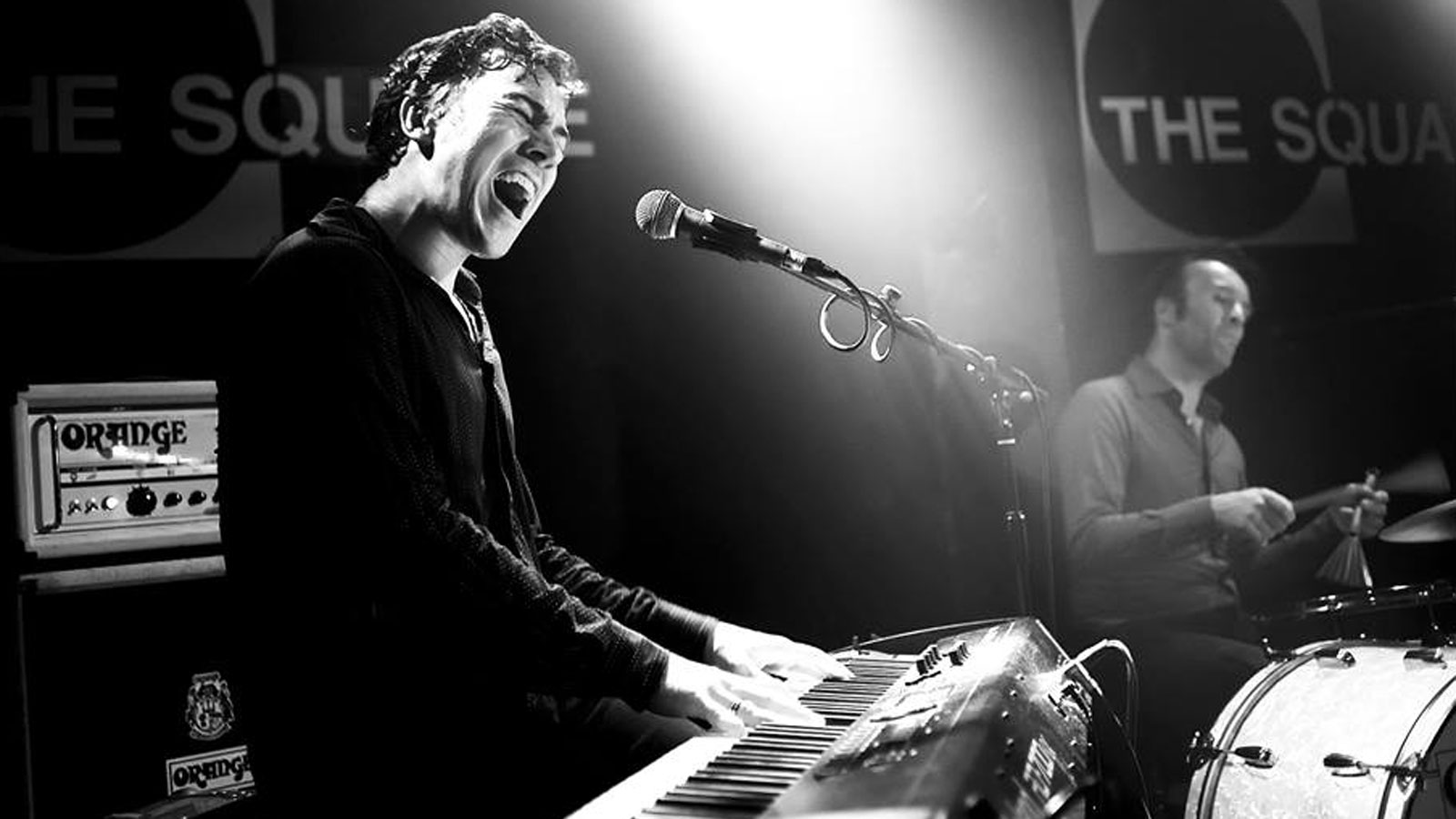
Early days, JJR, wine as currency and going solo
If you’ve ever seen Henri Herbert live – whether pounding the keys solo, with his new power trio or with The Jim Jones Revue – you’ll assuredly know there’s very few piano players on the planet who can feed so much power, emotion and sheer adrenaline-fuelled virtuosity into their performances.
“Super-charged boogie-woogie” (as Henri terms it), blues, jazz, rock’n’roll and “dark ballads”. Herbert’s jaw-dropping live sets cover it all with a phenomenally powerful left-hand and a mesmerising right wowing crowds wherever he turns up to tread the boards.
Henri was a member of blistering rock’n’roll five-piece The Jim Jones Revue between 2011 and their ‘Last Hurrah’ in 2014. Since the split, Herbert’s been suitably busy carving out a new solo career, in addition to the odd smattering of session work.
Armed with a repertoire of recently self-penned tunes, Henri’s been trekking across Europe playing both solo piano gigs as well as shows with his power trio The Henri Herbert Band, which also includes ex-Jim Jones Revue sticksman Nick Jones. They’ve just released their brilliant debut EP, Wired, which is – unsurprisingly – essential listening.
Since 2013, Henri’s also unwittingly became a YouTube solo sensation. A video of him smashing out Henri’s Boogie on a public piano at St Pancras station has now gathered over 9 million hits (and climbing!)
Ahead of opening up about the 10 piano records that changed his life, Henri tells us about his musical background, his approach to song-writing and how he became one of this country’s most talked about boogie-woogie players.
Tell us about Wired, the debut EP by The Henri Herbert Band…
“I recorded it at Soup Studio in Cable Street [London]. It’s a fantastic studio with loads of cool vintage equipment, a lovely piano, some great vocal mics and we had a guy called Jonas Westling mixing and mastering it for us. He's done a great job. We did it all live with minimal overdubs because I wanted to capture what we're like live with the dynamics of the three-piece.
"I thought, ‘We’ve got to have about four or five numbers’ but I'd written about 30 numbers by then. I just ended up choosing the ones I enjoyed playing live the most so it was just a process of elimination, I guess. I also wanted to get a good balance between the fast ones and slow ones.”
Was it always your plan to go solo once The Jim Jones Revue split up back in 2014?
“Yes and no. First of all I had a desire to do that but I didn’t know whether I could do it or not in a strange way… but, in the end, I decided to just go and do it! If you want to do something, stop worrying about it and just do it! I had a strange period where I was doing a lot of solo shows and using a pick-up band to do band shows but I soon realised that I needed to have a more regular unit of guys.
"I wanted it to be like a machine, where every part of the machine fits together. I also find writing with others very rewarding. I have Nick Jones [also ex-Jim Jones Revue] on the drums and it's great to work with Nick again. We played together all over the world for about 3½ years. I also decided that it’s much easier to lead a three-piece than a bigger outfit when you’re behind a piano, especially when you’re going for a jam-based approach.”
You’re also proving yourself to be a great songwriter with songs that sound so authentic and sit so well with the classic covers in your sets. How long have you been writing?
“Well, thank you. I wrote my first song about a year and a half ago. I had this festival show out in Edmonton, Canada and I just was sitting in the hotel room before the gig and I thought, ‘I'm on this festival stage with all these other acts and they've all got their own material.
"They're all singing their own songs and I'm singing other people's songs and playing other people's music… maybe I should write my own songs?’ And so I started to write in that hotel room. I started to write Pocket Venus in that hotel room and I started to write Don't Know Where I've Gone in that hotel room [both songs are on the Wired EP]. It was a three-hour binge writing session.
"I try to write a song a day now. As a song-writer, I think you should keep writing all the time and read a lot as well.”
For what percentage of your gigs are you able to play an acoustic piano?
“Whenever I can get one, I use one. Maybe 80%. Certainly in Europe, it's much easier to get one… but I've got a great electric piano that I use as well. I use the Roland RD-700 and sometimes I use the RD-800. They’re fantastic, very, very strong and they really are built for the road. They've got a great piano sound, a great organ sound, great electric piano sounds and they really are just the best of all the electric pianos I've played.
"Normally, electric pianos will sort of break or wear out but these ones just seem to go on and on indefinitely.”
Going back, what first inspired you to play the piano?
“Well, when I was much younger - about five or six years old - I just wanted to be Jerry Lee Lewis! I just wanted to play rock’n’roll piano like him, standing up and jumping up and down and being a badass! Even at six years old, I very much had that in mind.
"I saw him on TV, loved his music and as I got older that progressed from being sort of idolatry to being inspired by him, rather than trying to be him. I thought, ‘I’ll have to start learning to play the piano’ so I got my dad to show me a very simple boogie-woogie pattern and I practiced that for hours and hours.
"Then I started to copy Jerry Lee all the time and I got some of his Sun recordings, used to stick the CD on top of the piano and would just play along with it, trying to figure it all out. That continued until I was about 16, when I started to do lots of solo gigs. I also loved Little Richard and Elvis by that time.”
Did you have lessons?
“Yeah, I had a few lessons later on. I was self-taught from the age of about five up to about 18. I had this fantasy in my mind of some old master of boogie-woogie who could teach me all the secrets and I looked and looked and I found one, a guy called Diz Watson, who lives in Brixton. Incredible player.
"I used to get up really early – because I was living in Nottingham at the time – get the bus down to London, give him a bottle of wine and he’d show me some stuff on the piano. I did that a lot.
"Another guy, Big John Carter – a fantastic player - was instrumental in me starting to sing and learning to sing and play at the same time. I used to go round his house and we’d practice singing and playing. I’m very grateful to John because he allowed me to grow. He was a great teacher because he didn’t say, ‘You’ve got to do this!’ or ‘You’ve got to sound like this!’ He’d say, ‘You’ve got to sound like you… what do you sound like?’”
What kind of things did you learn during your years with The Jim Jones Revue?
“Before that I played in loads of bands… blues bands like The Cadillac Kings and Laura B & The Moonlighters, rock’n’roll bands like The Jive Romeros and jazz bands like The Fallen Heroes. I was learning a lot but [The Jim Jones Revue] just really shook things up for me because that was the first time where I was exposed to this approach of rock’n’roll and blues as the building blocks. What can we do with the building blocks and how can we make our music from that approach and that intensity?
"I’d never looked at it that way before. That was three years of excitement and lovely, lovely touring and wonderful gigs. That band was where I learnt the most about music and performing. I’ve never been in a band with guys who cared so much about the show like the JJR did.
"It was like every gig was, ‘This is your last gig on earth’ and I like that approach. I used to have that approach when I was a kid and I’d lost it but I’ve rediscovered it now.”
How did that famous St Pancras clip come about and how has it affected you?
“I think it was during the festival season and the JJR were on a break between two festivals and I just felt like playing some piano so I went to St Pancras and my mate Graham Trott filmed it on his iPhone.
"He whacked it up on YouTube and it created a lot of interest and has put a lot of work and a lot of cool experiences my way. The main thing was it showed me that people were interested in my music and that encouraged me more to develop my own sound and my own music.
"It was a catalyst for change. It made me realise that maybe I could get out there and start doing my own thing for real.”
The Wired EP by The Henri Herbert Band is available now, via HH Records. You can also download it on iTunes
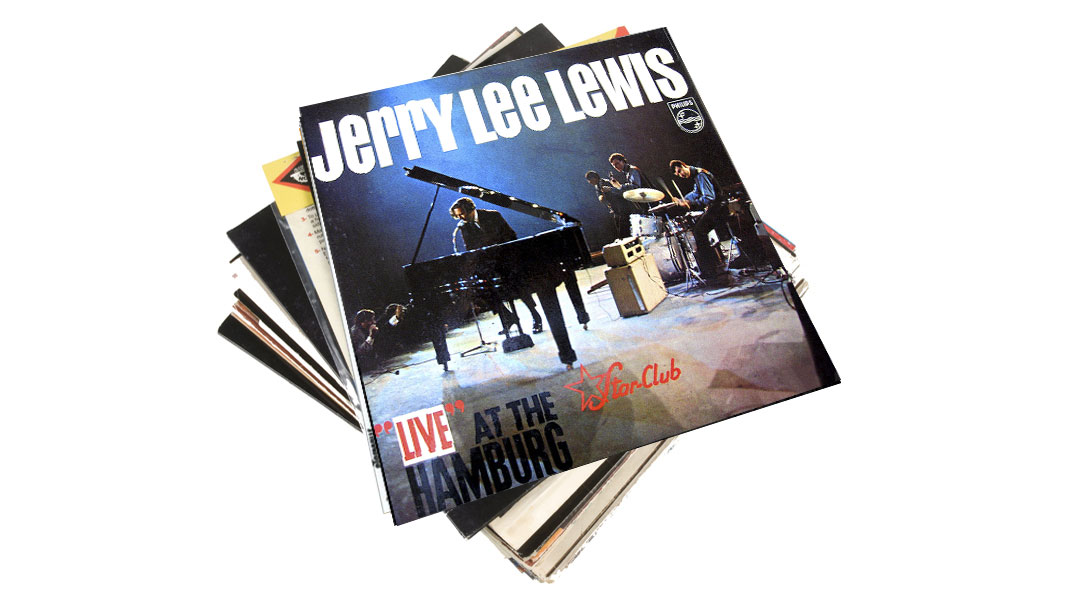
1. Jerry Lee Lewis - Live at the Star Club, Hamburg (1964)
“This is a phenomenal album. Basically, everything you want to know about rock n’ roll - not just rock n’ roll piano - is in this album!
"I think it’s essential listening for anyone who wants to learn about rock n’ roll and rock n’ roll piano.”
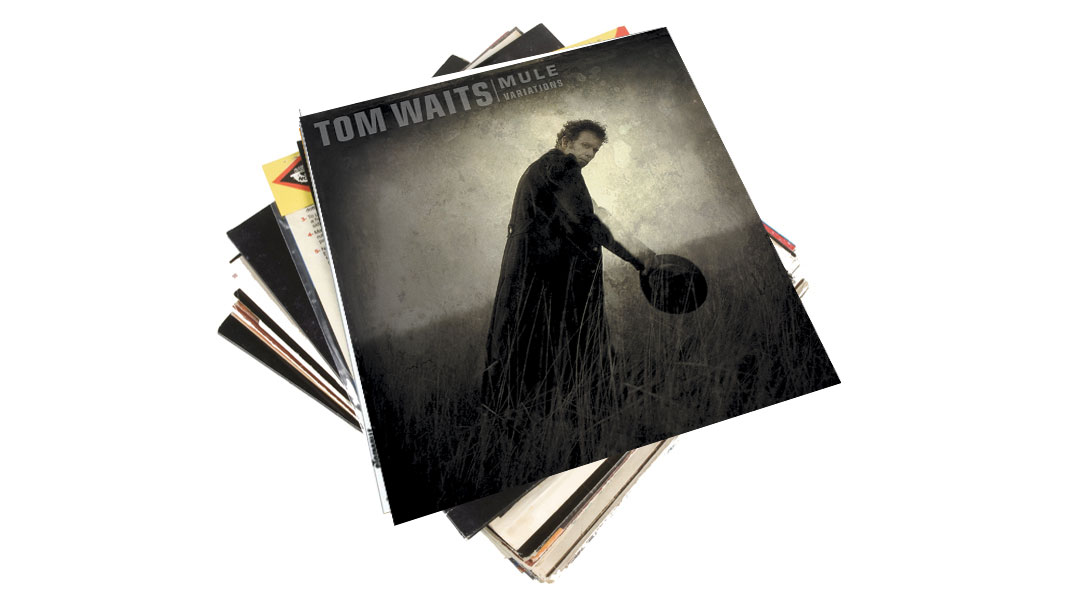
2. Tom Waits - Mule Variations (1999)
“There’s fantastic piano-playing on this and a great approach to ballads. I love the ballad Georgia Lee and I just love Tom Waits’s approach to the piano. It’s always about the song and it’s never about the piano or the piano-playing or the technique.
"The piano is always there to serve the song and the story and I love that. That album changed my life because it taught me about how you can have a virtuoso piano but not necessarily virtuoso in a sense of loads of notes really fast… but rather putting the emotion over.”
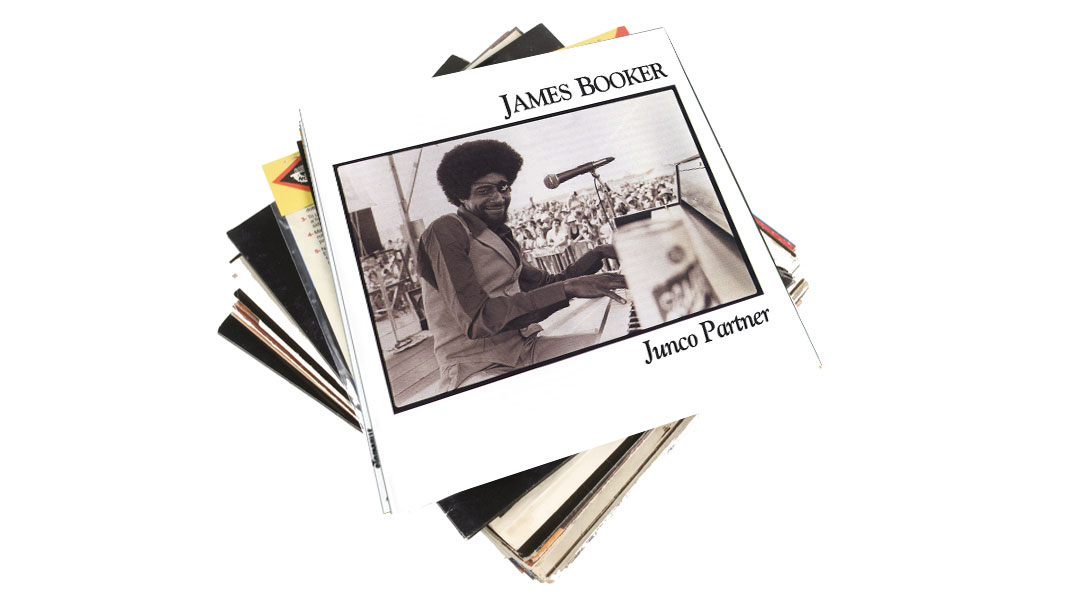
3. James Booker - Junco Partner (1976)
“This is a solo piano and voice album. A great virtuoso, a great technician but very soulful. Diz Watson, one of my piano teachers that I was telling you about before, introduced me to that album.
"I think [James Booker] was a unique man and a unique piano player and singer. I just love the elegance of his playing. When I heard it, I was, ‘Wow, this is so elegant!’ It was like a new emotion and mood of piano-playing that I’d never really heard before - just out-and-out elegance and fluidity.”
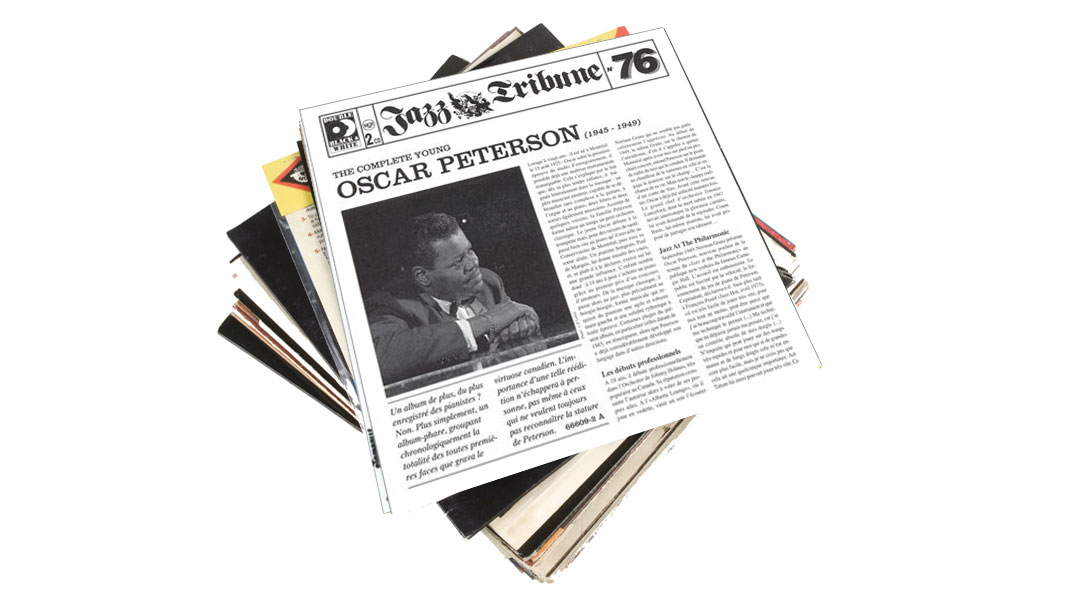
4. Oscar Peterson - The Complete Young Oscar Petersen (1994)
“Now, this is a compilation of Oscar Peterson’s recordings from when he was just starting out, when he was about 19 or 20. Incredible, powerful boogie-woogie piano.
"It’s just one guy doing all this stuff and his boogie-woogie approach to jazz standards is just unbelievable. Very, very powerful. It changed my perspective of what you could do with boogie-woogie piano, like you can really go to town on a jazz standard or something by trying to play it like him.”
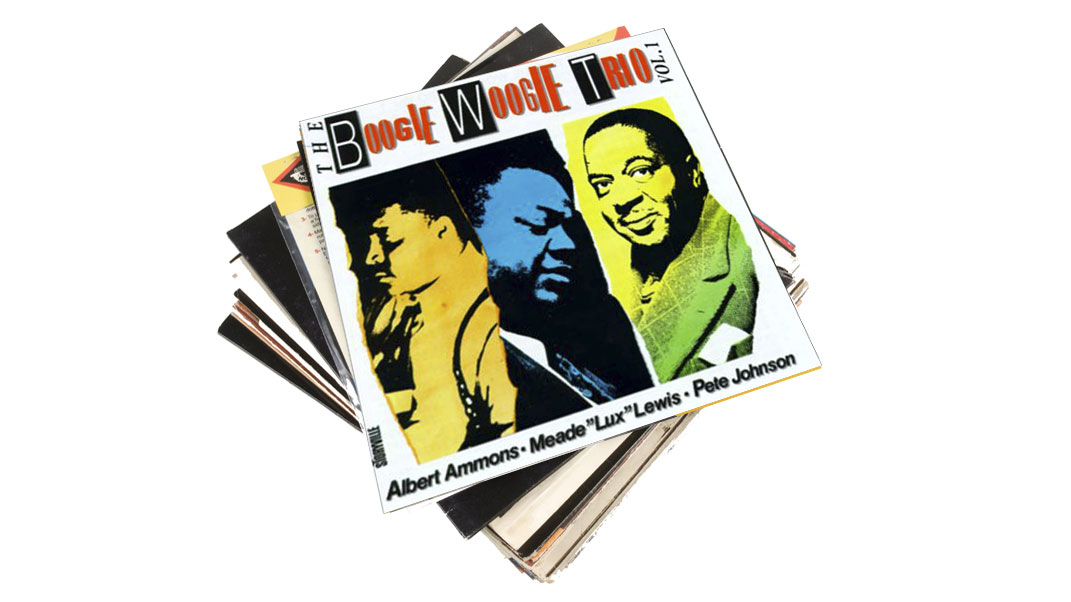
5. Various Artists - The Boogie Woogie Trio (1995)
“This is a compilation of Albert Ammons, Pete Johnson and Meade Lux Lewis. These guys were great pioneers of piano and all three of them would play together sometimes, like on some of the tracks on this album.
"They were powerful players. It’s strong left hand stuff but also with unbelievable power in the right hand. It’s just very exciting instrumental playing. Anyone interested in boogie-woogie piano should get that one.”
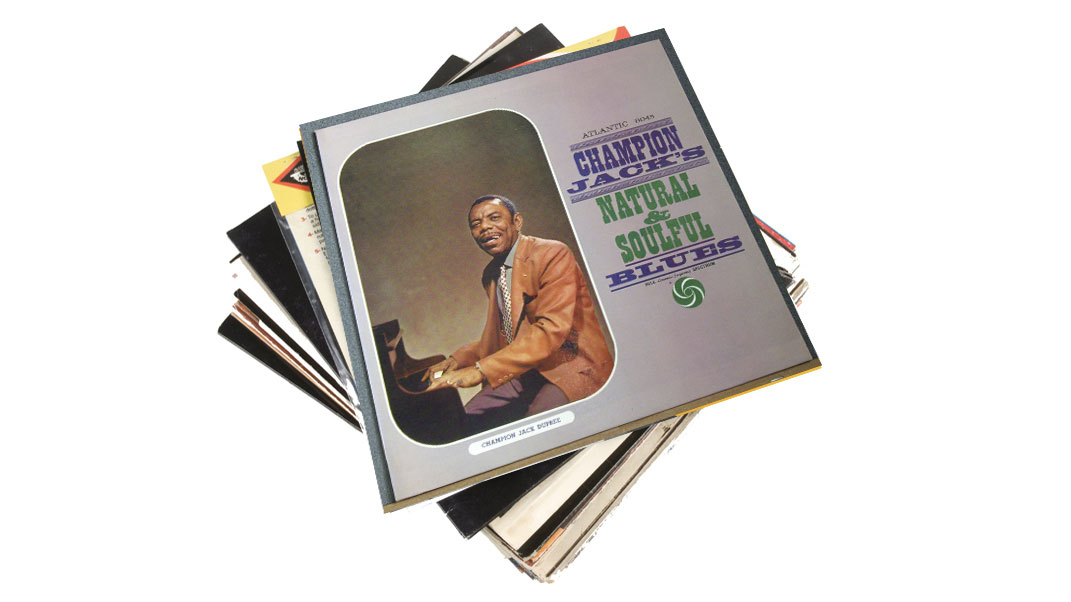
6. Champion Jack Dupree - Champion Jack's Natural & Soulful Blues (1961)
“This is a New Orleans solo piano blues guy playing really, really filthy blues piano with filthy lyrics and it’s unbelievable stuff. It’s a very powerful, very sensual album.
"It’s really kind of sexy and dirty and happy and sad and all these great emotions come out in the piano and the voice. That was the first time I’d ever heard a real blues piano player.
"I really like blues and deep blues piano and it was the first time I really heard people really tell a story with their lyrics in the blues. Fantastic!”
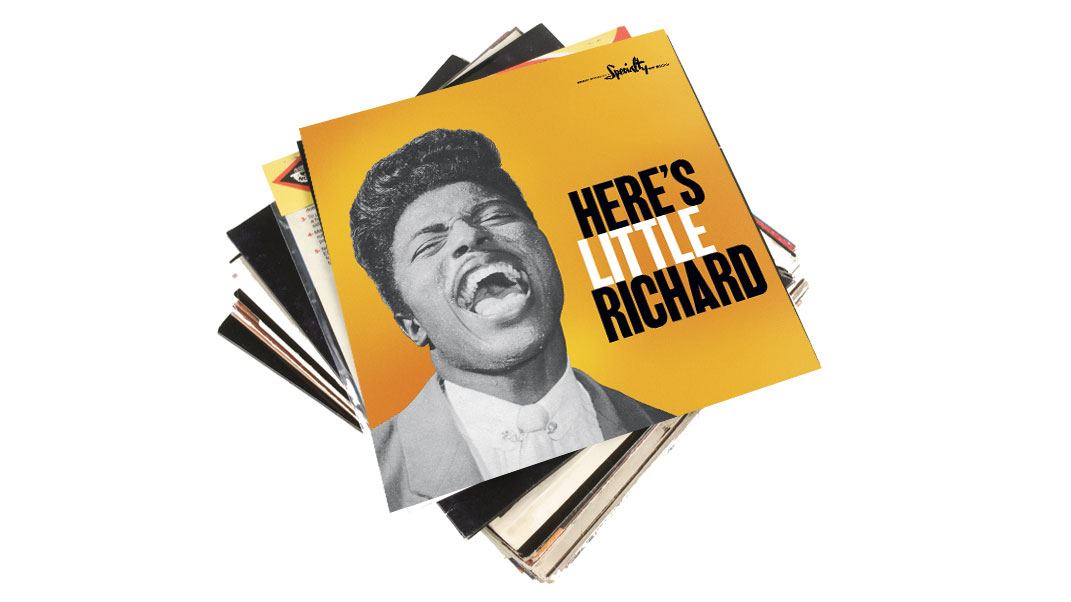
7. Little Richard - Here's Little Richard (1957)
“Now this is like punk piano, I would say, if you can imagine such a thing! It’s Little Richard just full on with everything in the red constantly and everything at maximum intensity.
"It’s a real statement of a man refusing to compromise about anything. Those very fast high notes have never been equaled really by anyone and it really does still sound fresh and exciting today.
"This had a big influence on me in its approach of just putting everything out there, with him really hammering away. What I love about him is that he just didn’t really care what people thought and I think that’s really cool.”
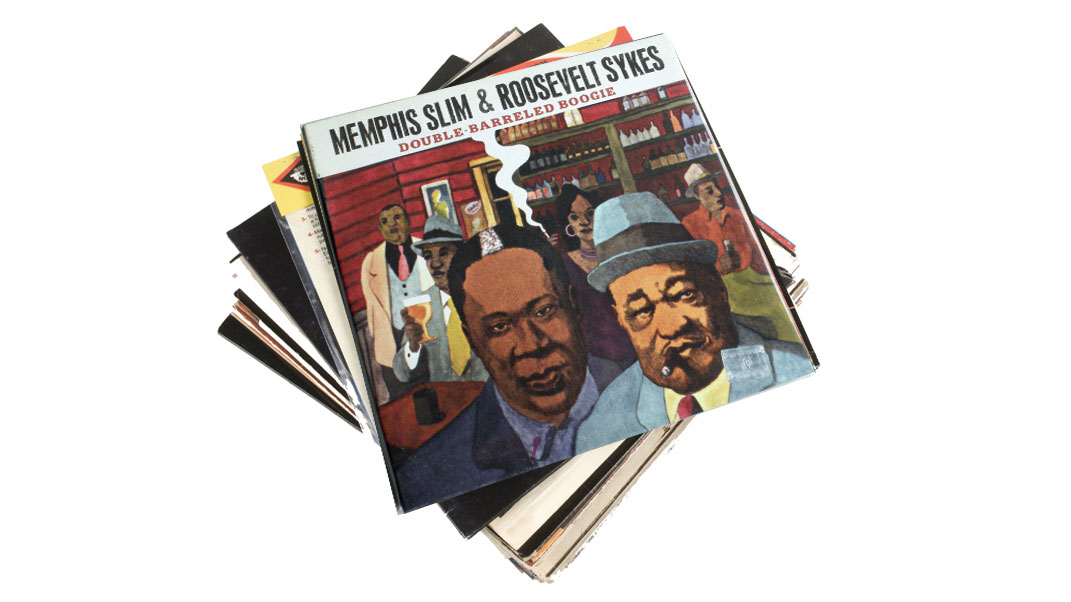
8. Memphis Slim & Roosevelt Sykes - Double Barreled-Boogie
“It’s just two pianos and they just sit and talk about pianos and piano-playing, because they were great friends. They play some duo boogies and duo blues things.
"Sykes is a really old school piano player, rooted in pre-war stuff, even pre-20th century stuff. I think he was born around the turn of the century so he was growing up listening to the really old stuff before what you might call the blues was coined as a term.
"Memphis Slim was his pupil. It’s interesting to hear their two styles together. Roosevelt Sykes is more of a rough-house blues player and Memphis Slim is this smooth, elegant guy and they play together and it’s fantastic.”
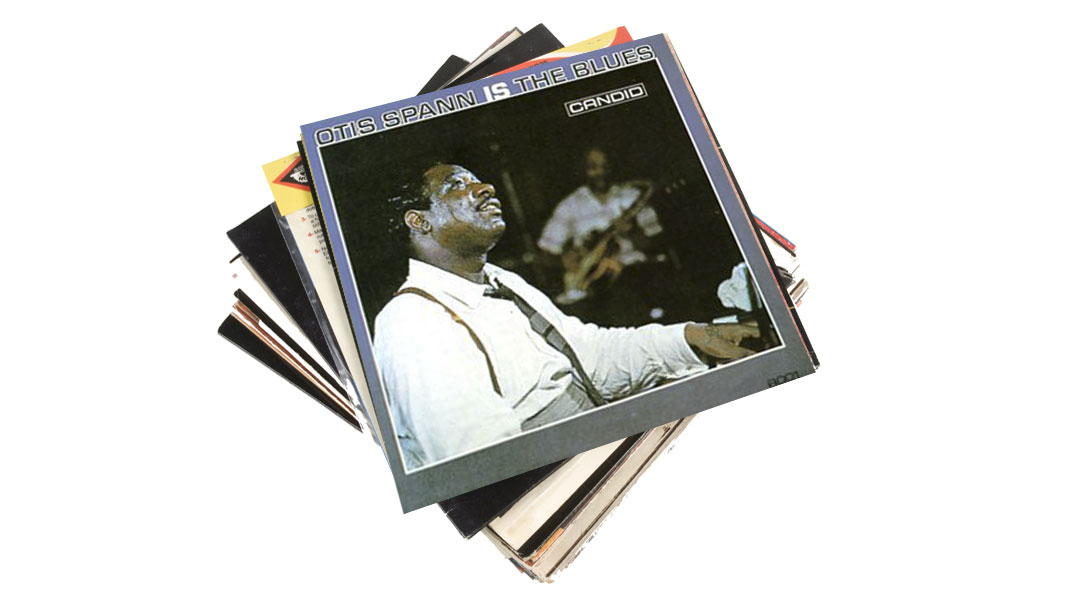
9. Otis Spann - Otis Spann is the Blues (1960)
“Otis Spann was a great sideman and a great frontman and a great singer. This was his first solo effort and he’s got a guy playing guitar. It’s just piano and guitar and it’s really cool powerful rhythmic stuff. It’s unique.
"He stands out for me among all the blues guys because he just has that little bit of extra stuff going on in there. There’s a little bit of happiness and a lot of joy in there but it’s also very powerful. I think a lot of people have tried to figure out what that is but I’m not sure what it is or how he does it. But I tell you what, if you listen to Hendrix’s guitar solos and then you listen to Otis Spann piano solos… I think Jimi Hendrix figured it out and used it!
"If you listen to Otis Spann and then listen to a Jimi Hendrix guitar run, it’s like, ‘Oh!’ Listen to Bleeding Heart from Live at the Albert Hall. It sounds like an Otis Spann piano lick played on the guitar.”
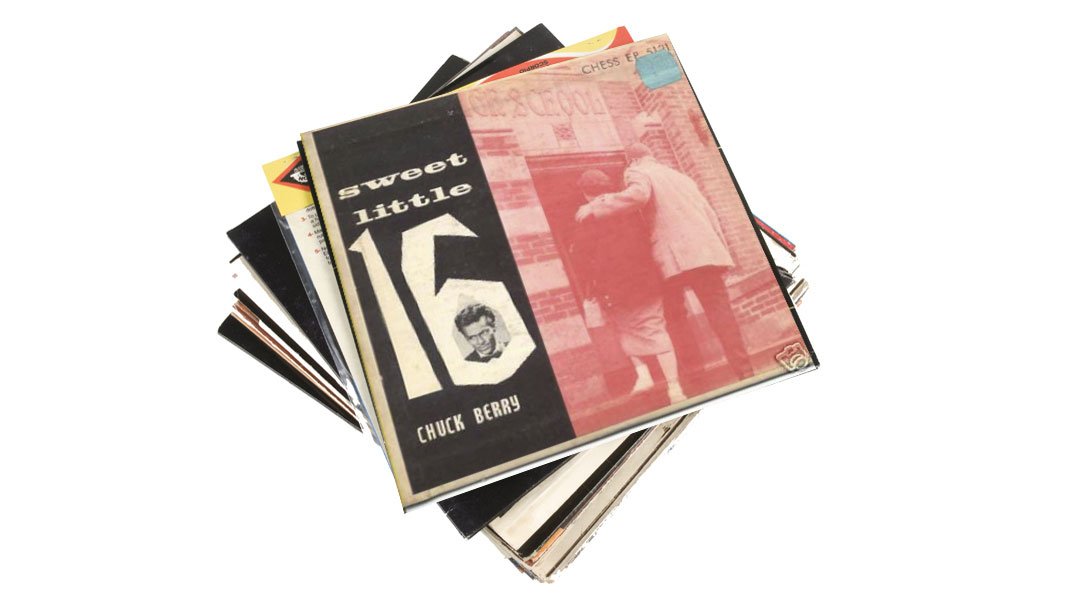
10. Chuck Berry - Sweet Little Sixteen (1958)
“This is a single actually and not an album. You’ve got the piano by Johnny Johnson and it’s a massive part of the sound and if you took him out it wouldn’t be as good.
"If you listen closely, a lot of the rhythms are coming from Johnny Johnson’s left hand. A lot of the melody is coming from his beautiful treble work and his top end stuff. And I just love the piano solo - it’s got a magic piano solo!
"I used to do a lot of playing as a sideman and, for me, that really showed how you can play as a sideman in rock n’ roll bands.”